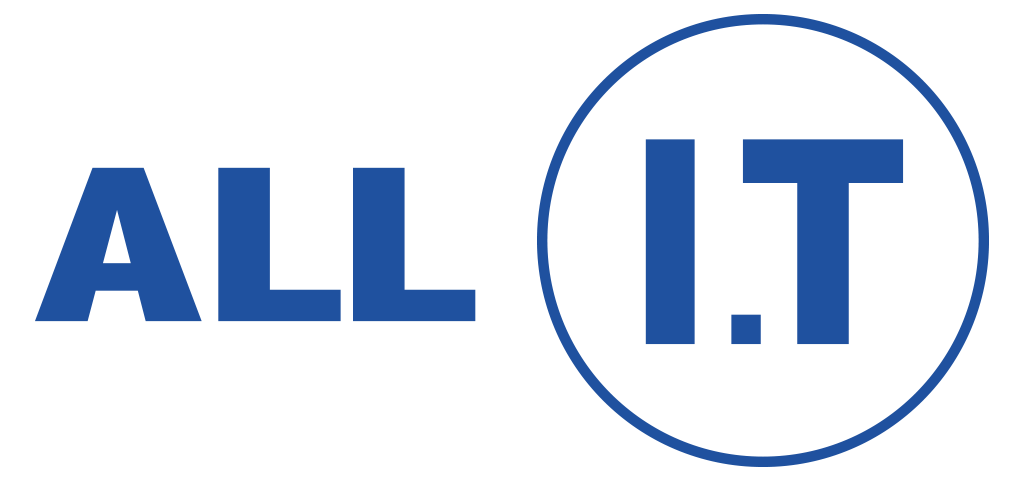How Copilot Creates Efficiencies for Australian Accounting & Financial Planning Businesses
Australian accounting firms and financial planning practices are under pressure to deliver more value with fewer resources. With 71% of small accounting businesses already using AI tools, and a nationwide shortage of skilled accountants, Microsoft Copilot is emerging as a game-changer.
In this guide, we’ll break down how Copilot can drive real efficiencies while keeping the human relationships your clients value.
THE AI REVOLUTION IN AUSTRALIAN ACCOUNTING
AI adoption in Australia’s financial sector is moving fast. In fact, research shows 76% of financial companies are already using or implementing AI – making Australia one of the world leaders.
This isn’t a short-term trend. It’s becoming a must-have for firms that want to stay competitive.
Microsoft Copilot has been built with finance professionals in mind. It integrates seamlessly with the Microsoft 365 tools many Australian firms already use and includes enterprise-grade security and compliance features for sensitive financial data.
CORE CAPABILITIES TRANSFORMING FINANCIAL OPERATIONS
1) Automated Financial Reporting and Analysis
Copilot can automate detailed financial reports—profit-and-loss statements, balance sheets, and cash flow reports— with less manual work and fewer errors.
It’s particularly valuable during month-end close, managing GST calculations, BAS preparation, and ATO compliance reporting. Users can ask natural language questions like “Show me the quarterly GST liability breakdown” and get audit-ready responses instantly.
2) Data Reconciliation and Variance Analysis
Copilot can cut 20 minutes per account from data reconciliation, delivering a 22% cost reduction in average handling time.
It compares data sets, flags discrepancies, and guides troubleshooting. Ask “Help me understand forecast-to-actuals variance data” and it will generate insights from across ERP and finance systems.
3) Enhanced Collections and Accounts Receivable
From within Outlook, Copilot can generate payment plans, draft customer emails, and prioritise accounts for follow-up—freeing staff to focus on client relationships rather than admin.
Its integration with Australian banking systems ensures compliance with local regulations.
SPECIFIC BENEFITS FOR AUSTRALIAN PRACTICES
1) Excel Integration and Analysis
From formatting data to building presentation-ready visuals, Copilot works with simple prompts. It supports complex modelling, Power BI DAX formulas, and iterative forecasting.
2) Power BI and Business Intelligence
Identify trends, detect anomalies, and explain patterns in plain language — making insights easy to share with clients and stakeholders.
3) Compliance and Regulatory Support
Stay ahead of ASIC, APRA, and ATO requirements. Copilot automates compliance checks, cross-references regulations, and delivers real-time updates to minimise risk.
RETURN ON INVESTMENT AND COST JUSTIFICATION
Quantified Benefits
Forrester research shows ROI of 132%–353% for SMBs over three years, with large enterprises seeing up to 457%.
Saving just 54 minutes per month at a $70,000/year salary covers the $44.90/month subscription. At two hours saved monthly, ROI can hit 124%.
Time Savings Across Functions
- Data reconciliation: 20 minutes saved per account
- Compliance reporting: 75% faster
- Contract review: 50% faster
- New hire onboarding: 30% faster
Multiply those savings across your team, and you’re looking at hundreds of hours freed up every month.
Cost Structure Analysis
Microsoft Copilot for Microsoft 365 is AU$44.90 per user per month on an annual plan, which totals AU$538.80 per user per year. Subscription fees are only about 40% of the total investment, with the remainder covering implementation, training, and ongoing support.
For Australian firms, budgeting for the full rollout, including infrastructure, professional services, and change management, is key to unlocking the full ROI and avoiding hidden surprises.
IMPLEMENTATION CONSIDERATIONS FOR AUSTRALIAN FIRMS
1) Licensing Requirements and Prerequisites
Copilot requires eligible Microsoft 365 business licenses — Business Standard, Business Premium, E3, or E5. Firms on basic licenses will need to upgrade to access enterprise-grade features.
Choosing business licenses over consumer versions ensures proper data governance, admin controls, and compliance for professional accounting environments.
2) Data Sovereignty and Compliance
For firms with strict data sovereignty needs, knowing where Copilot processes data is critical. Most workloads for Australian business licenses are handled in Microsoft’s local data centres, though some advanced features may process data internationally. Highly regulated practices should review these exceptions before rollout.
3) Training and Change Management
Copilot adoption works best when training is practical and tied to real workflows. Focus on clearing up AI misconceptions and demonstrating use cases relevant to Australian accounting. Start with a pilot group, refine processes, and build in-house expertise before scaling firm-wide.
INDUSTRY-SPECIFIC APPLICATIONS
1) Tax Season Efficiency
From July to October, Copilot helps cut through the chaos of tax season by automating routine calculations, generating client communications, and streamlining document prep. Its ability to handle unstructured data makes it ideal for processing varied client documentation.
2) SMSF and Superannuation Management
Self-Managed Super Fund administration comes with heavy compliance and record-keeping demands. Copilot can automate much of the day-to-day work while helping ensure compliance with Australian superannuation regulations.
3) Financial Planning and Advisory Services
For financial planners, Copilot supports advanced modelling, scenario analysis, and multi-option projections. It can quickly turn these into client-ready presentations while automating the admin that comes with ongoing plan management.
COMPETITIVE ADVANTAGES IN THE AUSTRALIAN MARKET
1) Differentiation Through Technology
With Copilot, firms can deliver faster turnarounds, deeper analysis, and higher service quality — a real edge in competitive metro markets.
2) Scalability and Growth
Handle more clients without adding headcount. Copilot’s scalability helps firms grow sustainably, even with ongoing accountant shortages.
3) Client Experience Enhancement
Today’s clients expect speed, insight, and value. Copilot delivers real-time insights, quicker responses, and richer analysis — all while helping maintain competitive pricing.
FUTURE-PROOFING AUSTRALIAN PRACTICES
Evolving Capabilities
Microsoft is continuously building out Copilot’s tools for finance professionals. The 2025 updates bring enhanced Excel, deeper Outlook integration, and improved Teams collaboration — giving early adopters an edge as new features roll out.
Integration with Local Systems
Through Microsoft Copilot Studio, firms can connect Copilot to popular local platforms like MYOB, Xero, and other ERP or accounting systems, creating a more connected and efficient workflow.
Preparing for Industry Evolution
AI is reshaping accounting. Firms adopting Copilot now build the skills, processes, and client trust that will position them ahead of the curve as technology continues to evolve. Early adoption compounds both operational and relationship advantages over time.
MEASURING SUCCESS AND ROI
Australian firms should track specific metrics to measure Copilot’s impact:
- Time reduction per client file
- Accuracy improvements in financial reporting
- Client satisfaction scores
- Staff productivity metrics
- Revenue per employee growth
THE BOTTOM LINE
Microsoft Copilot is more than an operational upgrade—it’s a strategic investment for Australian accounting and financial planning businesses. With measurable ROI, significant time savings, and industry-specific capabilities, it positions firms to thrive in an increasingly digital future.
Ready to unlock the benefits of Microsoft Copilot in your business? Fill in your details below, and we’ll be in touch within 48 hours to discuss how we can implement Copilot for your team while keeping your data secure and compliant with Australia’s latest privacy and cybersecurity regulations.


